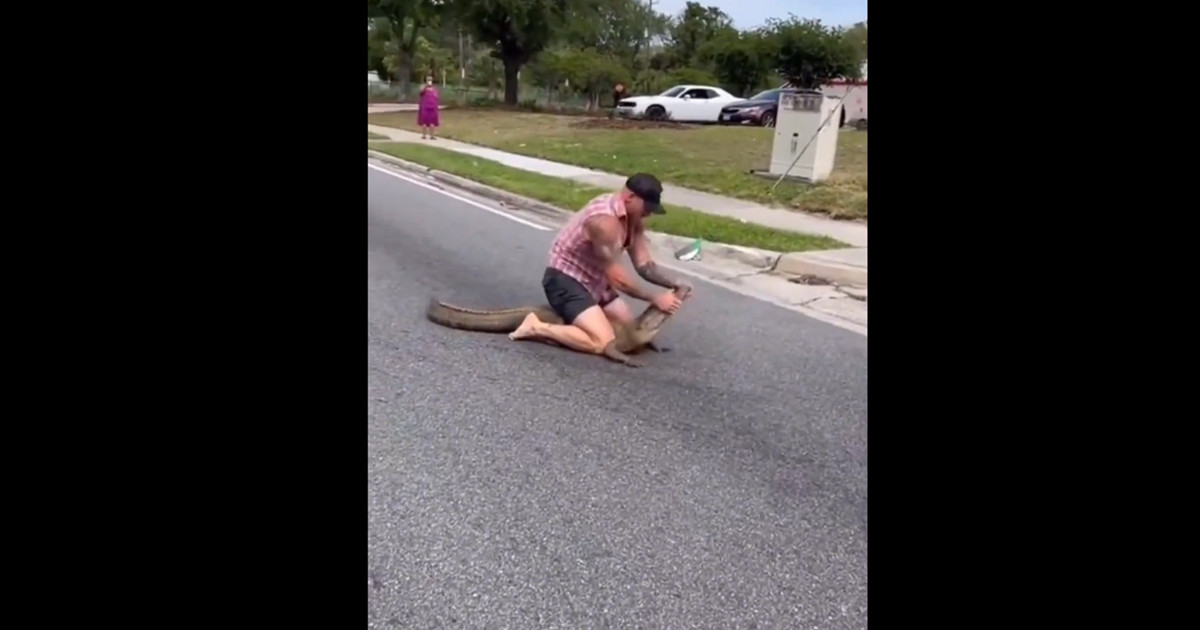Lisichansk is one of the few cities in the Ukrainian-controlled province of Luhansk. Russian attacks continue. A DW reporter was found near the front line.
Anyone coming to Lysichansk in eastern Ukraine should drive as fast as possible. Call for speeding is out of the question. But when he is late, he risks a much worse punishment, as he becomes an easy target for Russian fire. In the so-called “road of life”, due to its strategic importance for the provision of humanitarian aid in the region, the Russians are trying to gain control, aiming to encircle the neighboring cities of Lisichansk and Sheverodonetsk.
The streets in the once bustling industrial city of Ukraine are reminiscent of a haunted city. Before the war in Lisichansk lived 100,000 people. Today, the picture resembles that of the city of Pripyat, which was evacuated after the Chernobyl nuclear disaster. With the difference that in Pripyat no catastrophes took place, while in Lisitsansk, on the other hand, in every corner of the city, damaged, abandoned buildings, shops, pharmacies are running.
The anti-aircraft alarm sirens have been silenced, not because the attacks have stopped, but because there is no electricity. Russian fire is pounding the city, it can strike at any time without warning, people do not have time to run to the shelters. The only warning is the explosion itself. Anyone who hears an explosion or a whistle should immediately fall to the ground, this is the only way to protect themselves somewhat.
Struggle for survival
In Lisichansk the only building that still seems to attract people is the “humanitarian aid center”. A few dozen people, mostly elderly, gather at the entrance. Some are waiting for the bus that will take them to a safer place, outside the city, others are just hoping to get some water. The electricity and water supply networks do not work, nor does the gas supply. But the mobile phone network has also collapsed in Lisichansk.
Vira Pavlina waits for hours for some drinking water. The truck arrives every two or three days. “This buzz over your head is terrifying,” says the 75-year-old. “This is not life, we hide in the basements and only during the day we go out for a few hours.” But he prefers not to talk about political developments, like most of the city’s residents, who fear being persecuted if Lisichansk falls to the Russians. “I said a lot, they will execute me,” she says with a laugh, but suddenly she starts crying. “Who will take care of the cat?” says. “She is the children’s cat …”
Every visit brings great joy
Vira’s children have taken refuge in the city of Dnipro. They failed to persuade their mother to follow them. And this is because, as she says, “how will I live over there? From my pension? I will have nothing left if I am going to rent a house to stay”. About 20,000 people remain in Lisichansk. In Severodonetsk, on the other side of the river, which is receiving even more Russian attacks, there are at most 13,000 left. Many are retired.
Suddenly a small child appears, he will not be even five years old. It offers sweets, which has been unwrapped from humanitarian aid packages. After three months in the basement the children are glad to see a visitor. How is their time? “We paint and do our homework,” says one little girl. One boy has another opinion: “When the light comes on, then we will start reading Ukrainian and math.” Their parents decided not to leave Lisichansk, the children say, because they were not sure that everyone outside the city would be safer.
“The Russians are destroying the cities”
Those left behind are in need of humanitarian assistance. Food is sold only in cash, but ATMs do not work, and catering is becoming increasingly difficult. Although the city is under Ukrainian control, many trucks avoid Lisichansk, as drivers fear Russian attacks and saboteurs are not lacking. “For three months we have been trying to persuade people to leave the city, because the Russians will destroy it,” said Luhansk provincial military commander Serhiy Haydai. “And if ten people come now to tell us that they want to leave, we will try to help them, after all, they are ours, they are Ukrainians.”
“We want to live”
A small group, wanting to leave Lisichansk, has arrived at the “humanitarian aid center”. Most are waiting inside the building. The volunteers who accompany these people find it dangerous to wait on the road. But there are also those who defy the dangers. They have come from the settlement of Bilohorivka, where the fighting is raging with great intensity, they even say that things are “relatively quiet” in Litsitshansk. But why did they just decide to leave the area? “At first we thought it would all end quickly,” said Halina, a retiree. “But now we are afraid too. We want to live.”
Halina has a dangerous journey ahead of her to the city of Bakhmut in the Donetsk region. Those who remain in Lisichank will have to endure constant attacks, without food and water, without knowing if their city will eventually be occupied by the Russians. However, some do not lose their optimism. A woman comes out of the shelter to get some air and wants, she says, to send a message to the Ukrainian soldiers: “Tell our boys to chase them to hell. This is Donbass, this is where I was born, everything will be fine …”
Mykola Berdnik, Editor: Giannis Papadimitriou
Source: Deutsche Welle
Source: Capital
Donald-43Westbrook, a distinguished contributor at worldstockmarket, is celebrated for his exceptional prowess in article writing. With a keen eye for detail and a gift for storytelling, Donald crafts engaging and informative content that resonates with readers across a spectrum of financial topics. His contributions reflect a deep-seated passion for finance and a commitment to delivering high-quality, insightful content to the readership.






